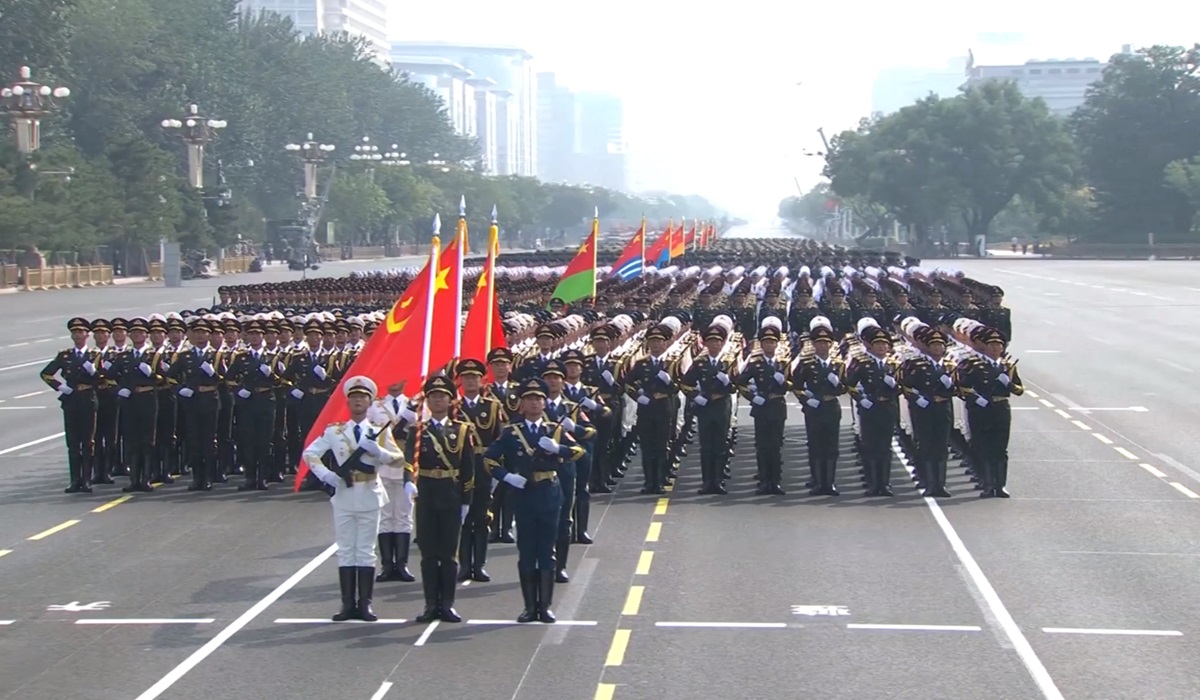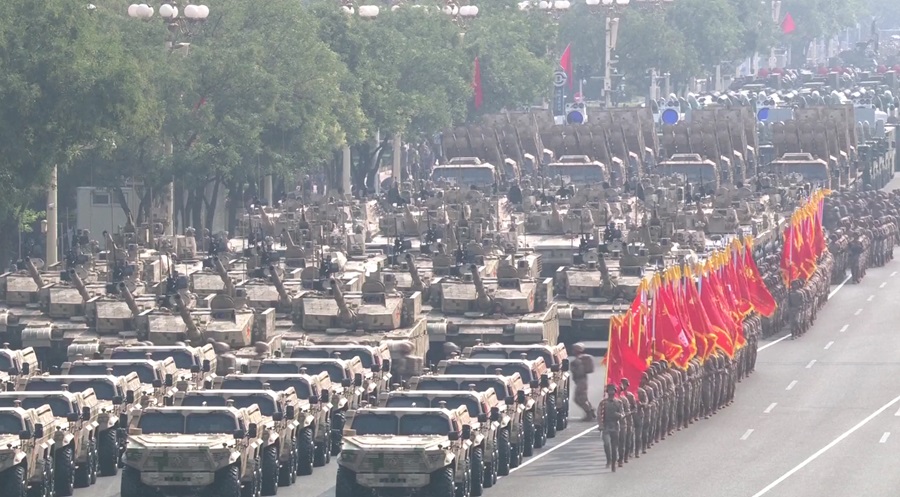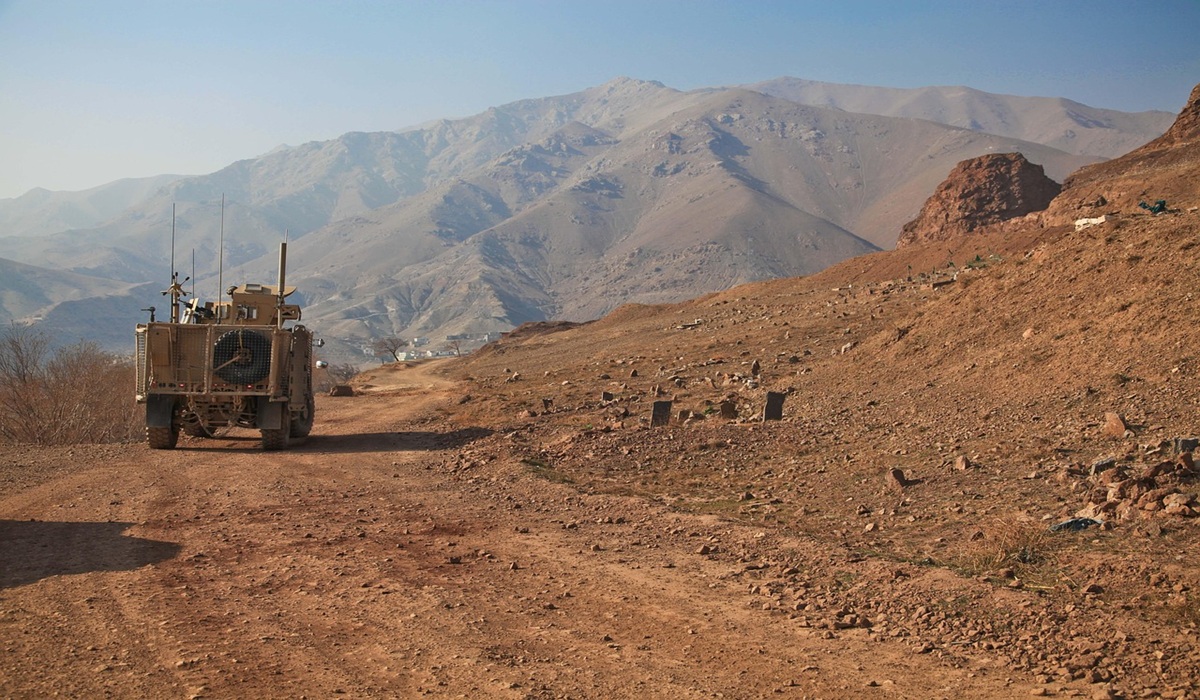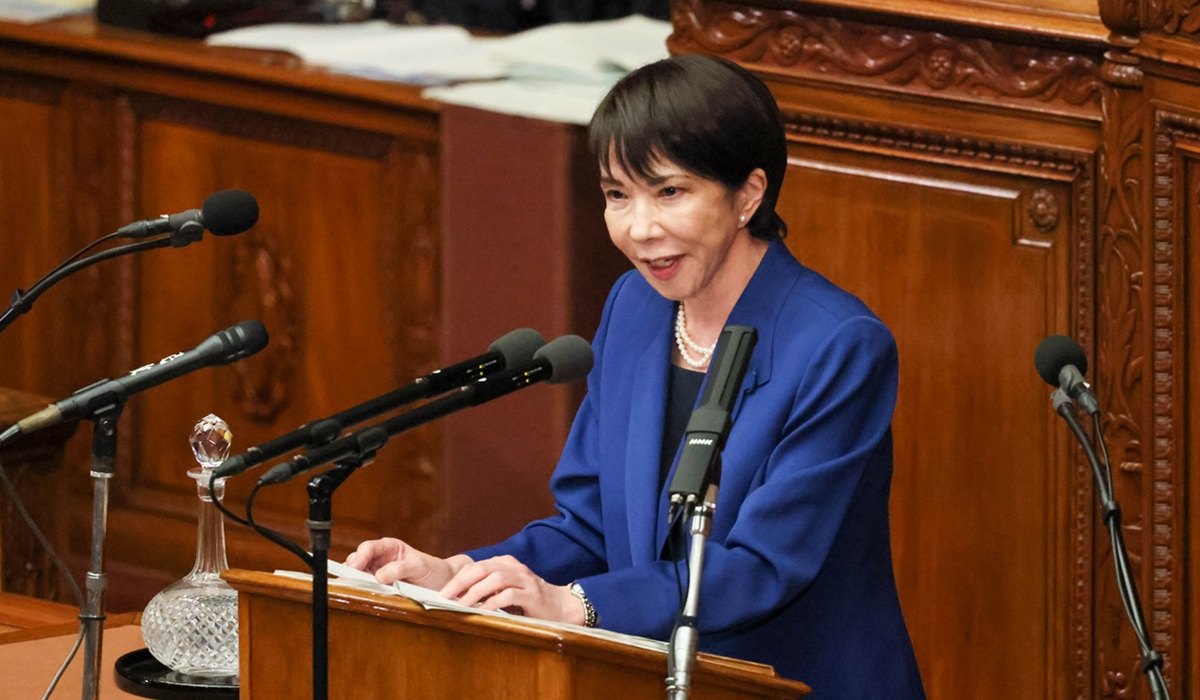China Marks 80th Anniversary of Victory in World Anti-Fascist War with Grand Parade in Beijing
- TDS News
- Asia
- China
- East Asia
- Trending News
- September 3, 2025

Beijing — China on Wednesday staged a grand military parade to commemorate the 80th anniversary of the victory in the Chinese People’s War of Resistance Against Japanese Aggression and the World Anti-Fascist War, a conflict that shaped the course of modern history. The event, held in the heart of Beijing at Tian’anmen Square, brought together international dignitaries including the presidents of Russia and North Korea, while many Western leaders were notably absent.
The commemoration highlighted both solemn remembrance and a display of military modernization. In a carefully choreographed march-past, troop formations lined Chang’an Avenue while a wide range of military equipment rolled past reviewing stands. Overhead, aircraft formations—including newly developed planes—swept across the skies in precision flight. A total of 45 formations and echelons took part, from flag guards and foot soldiers to armored columns and aerial squadrons.
Speaking before the parade, Chinese President Xi Jinping delivered a keynote address emphasizing both the historical sacrifices of the Chinese people and Beijing’s vision for the future. “The rejuvenation of the Chinese nation is unstoppable,” Xi declared, underscoring the importance of national unity and modernization under the leadership of the Communist Party of China (CPC).
Xi framed the war against Japanese aggression as “China’s first complete victory against foreign aggression in modern times,” achieved through the united front advocated by the CPC. He emphasized the heavy sacrifices made during the war and described China’s role as an indispensable part of the wider World Anti-Fascist struggle.

The president used the occasion to call for international solidarity and peaceful cooperation. “All nations should treat each other as equals, live in harmony and support one another to safeguard common security, eliminate the root cause of war and prevent historical tragedies from recurring,” he said.
Xi also drew a line between past struggles and present-day global challenges. “The world today is again faced with a choice of peace or war, dialogue or confrontation, and win-win outcomes or zero-sum games,” he noted. He pledged that China would “stand firmly on the right side of history and on the side of human progress,” pursuing peaceful development while working toward “a community with a shared future for humanity.”
At home, Xi called on the Chinese people of all ethnic groups to remain united in building a strong nation. He also emphasized the role of the People’s Liberation Army (PLA), urging it to develop into a “world-class force” that can both safeguard national sovereignty and “make greater contributions to world peace and development.”
The parade, which follows a similar commemoration held in 2015, underscored China’s commitment to honoring its wartime legacy while projecting confidence in its modernization path. Beyond the martial displays, the occasion carried symbolic weight: a reaffirmation of historical memory, a call for international cooperation, and a signal of Beijing’s vision of its role in the world order.
As Xi reminded the assembled crowd and international observers, the lessons of the past remain relevant in today’s uncertain climate. His message sought to balance national pride with an appeal for collective peace, situating China’s trajectory firmly within the broader narrative of human progress.








